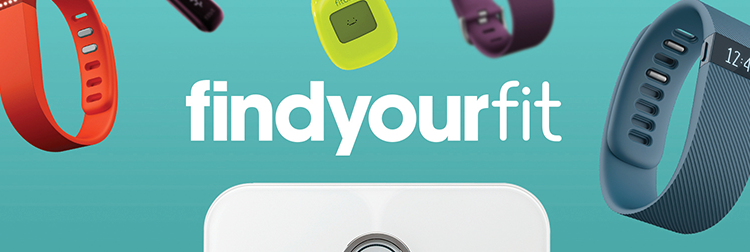As of last Thursday, private health and fitness monitoring company, Fitbit, filed for an initial public offering (IPO) of common stock under the ticker symbol "FIT." In selling equity, Fitbit plans to raise $100 million in additional operating capital; the company also hopes to gauge investor sentiment and promote its product portfolio.
For those who don't know, Fitbit is the most popular low-cost wearable tech company in America. Its cheap hardware is not only innovative, but it's also extremely effective. Fitbit's products, from bracelets to scales, have Wi-Fi and Bluetooth capabilities that allow users to track their weight, body fat, body-mass index (BMI), lean muscle composition, and exercise metrics. Even President Obama and Shaquille O’Neal have been seen wearing Fitbit bands at one time or another.
As for Fitbit's business numbers, the company is thriving. Its sales have exponentially grown since the initial product launch. For context, Fitbit's 2011 sales were roughly $14.5 million. Compare this to 2014, during which Fitbit sold over 10.9 million devices and recorded revenue of $754 million. Even more importantly, especially for Wall Street investors, is the fact that Fitbit is profitable; it generated $132 million in 2014 profits.
While all of this is fine and dandy, Fitbit has many competitors. Jawbone, Garmin, Samsung, LG, Microsoft (MSFT), Google (GOOGL), and powerhouse Apple (AAPL) have all launched various wearables of their own (with varying levels of fitness orientation). While most of these company's develop hardware, Google and Apple both develop software. Android Wear and the Apple Watch OS have generated much corporate attention – more companies continue to enter the wearables market. What was once a niche sector has become mainstream. And while Fitbit has an established brand, Google and Apple have far more competitive advantages that could ultimately crush Fitbit. As such, investors must be weary of Fitbit's ability to survive long-term.
Perhaps more concerning is the fact that Fitbit has many substitutes. Although the Apple Watch and Moto 360 are normal goods, Fitbit bands are inferior goods. Hence, Fitbit experiences high turnover rates as consumers flock to luxury smartwatches. Industry analysts also project that smart-wristband shipments will soon fall by 15%, while smartwatch sales will rise by 17% in the near-term. Therefore, if Android and OS wearables continue to capture market share, Fitbit, and its upcoming investors, could be in for a harsh reality check.



